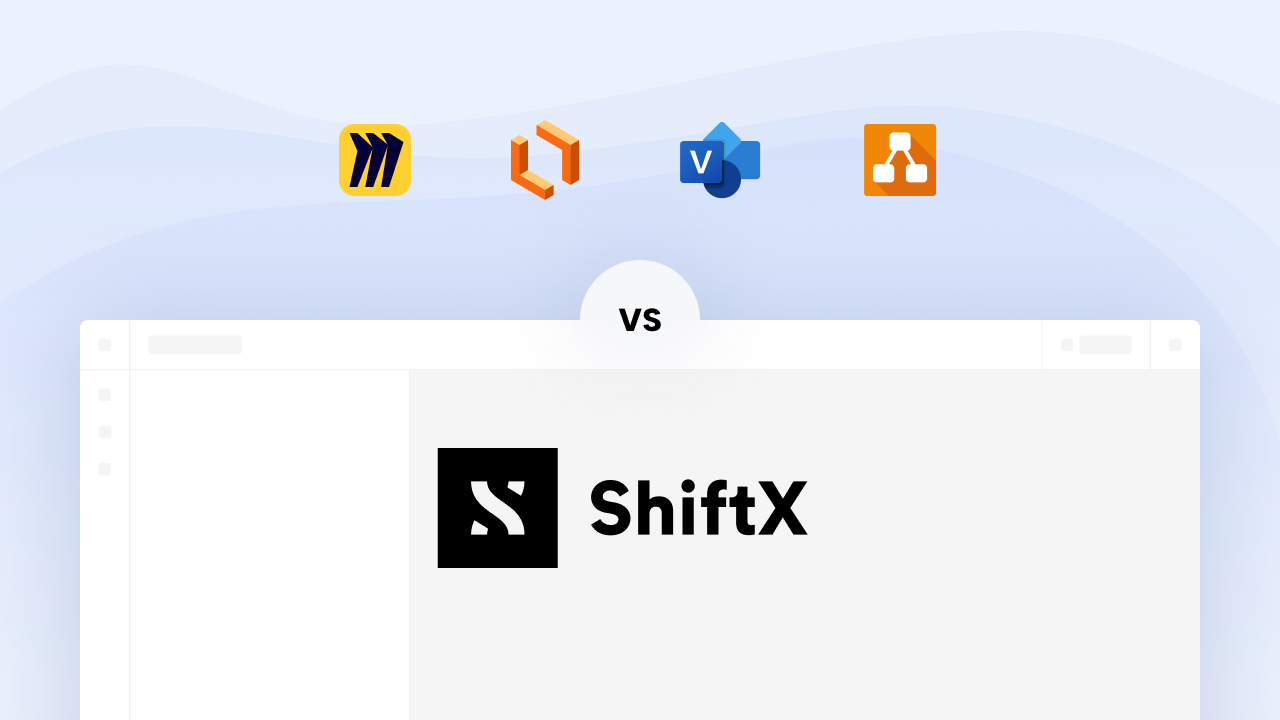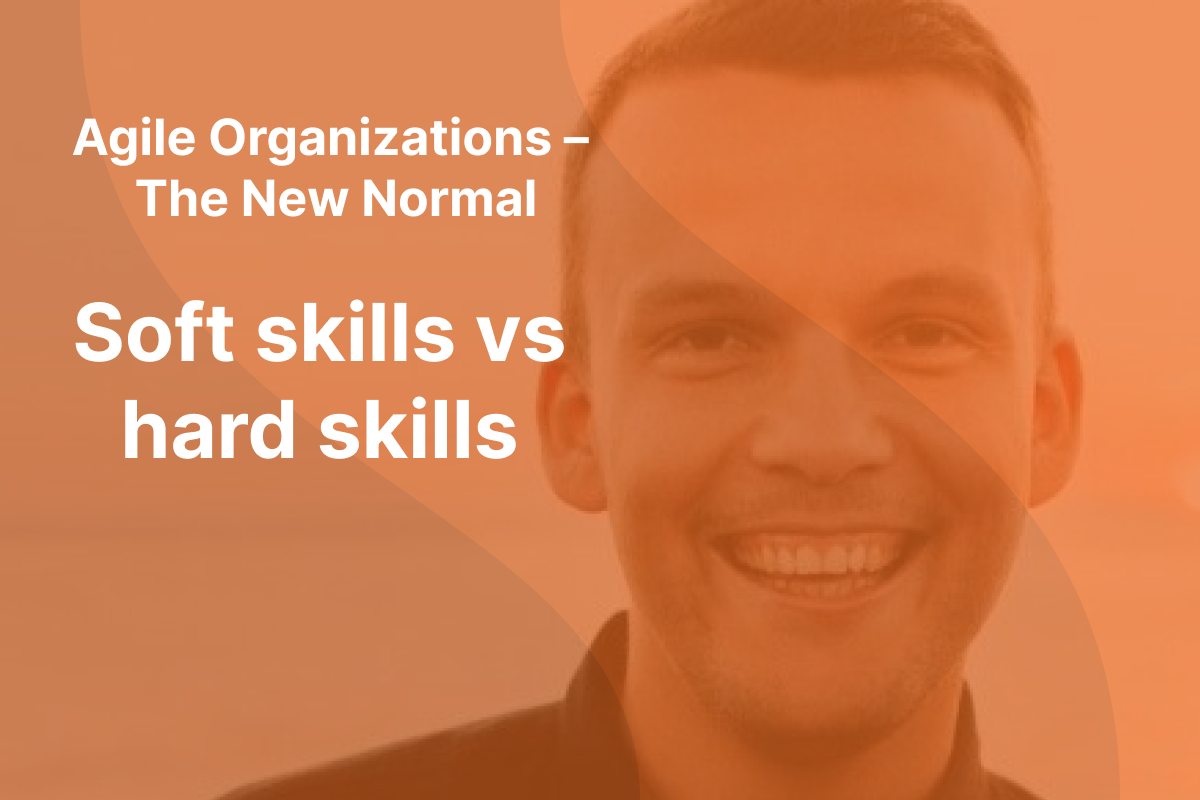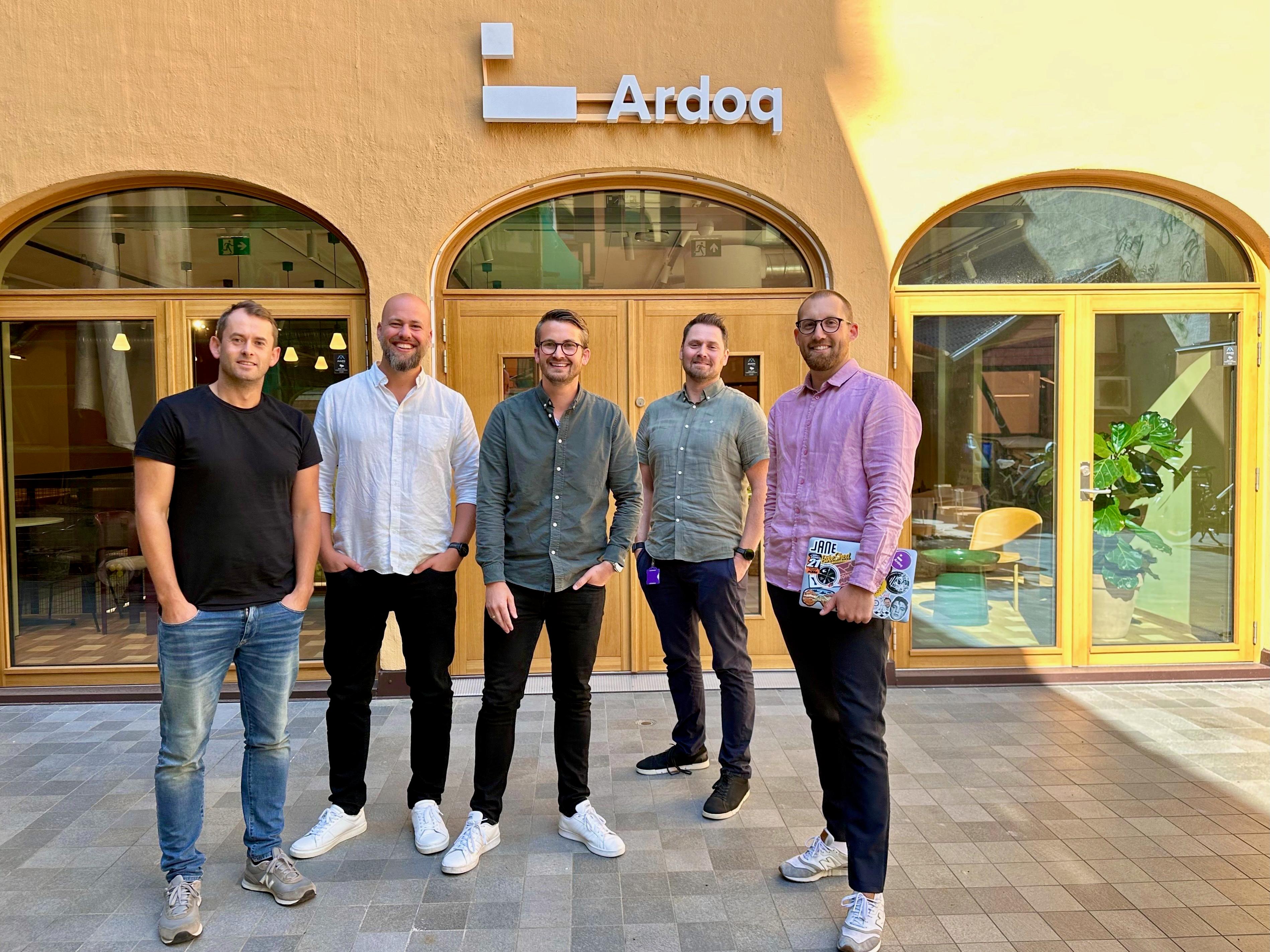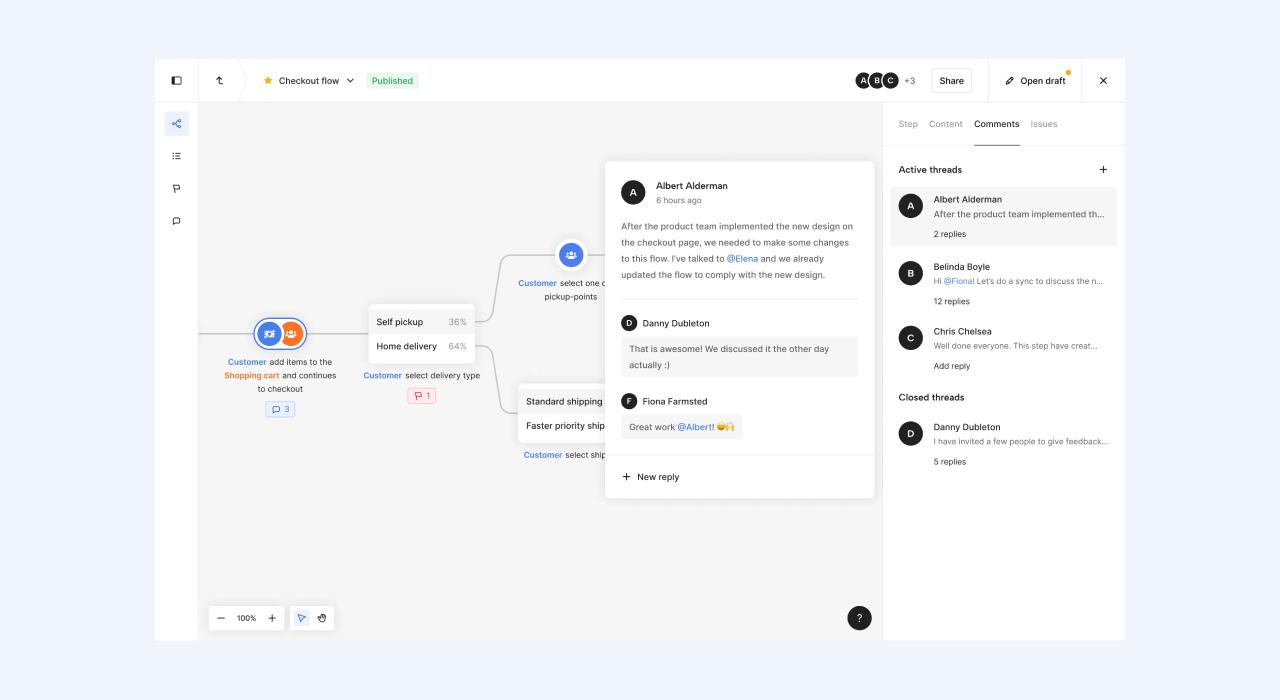
Agile organizations - The new normal: Soft skills vs. hard skills

Artificial intelligence (AI) and machine learning have been highly debated and relevant subjects for years now. We are currently on the brink of what many are already calling a “new technological revolution” where AI will be running the show (Lansiti and Lakhani, 2020). In the future, artificial intelligence will take over most tasks that require hard skills. This means that organizations must develop and improve in the areas where they have an advantage over machines: soft skills.
What are soft and hard skills?
“Hard skills concern an employee’s ability to do a specific task, and soft skills are more about the way they do them — how they adapt, collaborate, solve problems, and make decisions” (Anderson, 2020).
While hard skills demand specialized knowledge and technical and analytical abilities, soft skills are more about behavior and thinking, personal traits, and cognitive skills.
Does the future belong to the generalists?
Vikram Mansharamani states in his article that “… breadth of perspective and the ability to connect the proverbial dots (the domain of generalists) is likely to be as important as the depth of expertise and the ability to generate dots (the domain of specialists)” (2020). He continues to argue that, in a rapidly changing world where technologies are developed at record speed and are automating and replacing jobs, we need to develop our skills to understand the bigger picture. Just think of how rapidly the world changed with the development of the Internet and wireless data technologies.
For example, Jeff Bezos was not a retail specialist who took on his competitors and won. He was a relative newcomer to retail but could adapt rapidly and seize a gigantic opportunity because he saw the bigger picture and understood the implications of new technology.
The business world is already catching up on this trend. Recruiters see a higher demand for soft skills as big companies want more versatile and flexible employees. One example is Lisa Stern Hayes, one of Google's top recruiters, who said in a podcast that the company now values “… problem-solvers who have a “general cognitive ability” rather than role-related knowledge” (Mansharamani, 2020).
Interested in learning more about AI and soft vs. hard skills? Check out these articles:
- The Most In-Demand Hard and Soft Skills of 2020, by Bruce M. Anderson.
- Competing in the Age of AI, by Marco Iansiti and Karim R. Lakhani.
ShiftX is a new way to do business process modeling. By focusing on usability and collaboration, we aim to close the knowledge gap between the different groups and sections in your company, organization or unit by enabling everyone to participate and share their insights.

